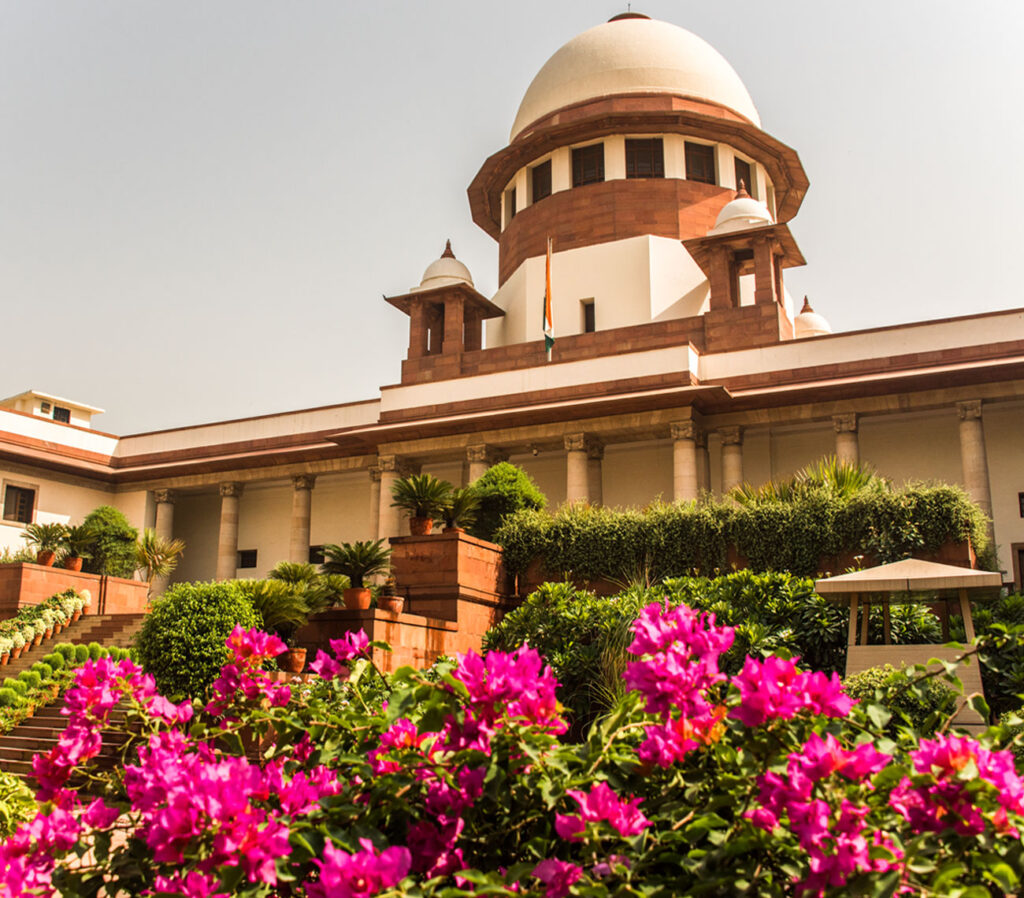- Legislature cannot be treated as state legislature, constituent assembly to undo representative democracy, says Kapil Sibal, lead counsel for all those opposed to the change
New Delhi, Aug 2.
The central government could not have abrogated Article 370, stripping JK overnight of its status as a state with a representative democracy, without taking into account the will of the people, senior advocate Kapil Sibal, lead counsel for those arguing against the move in the Supreme Court, said.
Parliamentary elections were held in 2019 in the state, Sibal said, but no state elections have been held since. Article 370 was abrogated within months of the parliamentary elections, he said. This changed the representative democracy in the state and replaced it with executive control, he argued.
Whether the people of JK have the right to a representative government is an important question, Sibal said. “Fourteen million people now have no role to play in their own fate.”
Narrating the sequence of events, he said that the state assembly was first placed in a state of suspended animation and President’s Rule imposed. After that Parliament acting as the state legislature and the constituent assembly as well abrogated Article 370, he said.
“No Parliament can convert itself into a constituent assembly,” he said. If this is allowed, it will have serious implications for the future of our country, Sibal contended.
“Can Parliament say we are the state legislature and the constituent assembly? Under what provision of the law? It is an exercise of political power without reference to Article 370.”
The process that was followed was not legal, he said. The state, he said, had a Constitution of its own which clearly stated that JK was an integral part of India. There was no need to do away with a provision that gave it a special status within the Indian union, he said.
Those opposed to the move have sought court intervention to restore status quo ante in the state as it existed before the government did away with the “temporary” provision of the Constitution.
Sibal argued that this provision was a temporary provision before the JK constituent assembly met and finalised its own Constitution.
It became a permanent feature after the constituent assembly finished its task of framing a separate Constitution for the state. The state was the only one in the Indian union which had a Constitution and a flag of its own, separate from the Indian flag and Constitution.
It also had a separate penal code of its own.
The state also retained all the residuary powers which are normally with the central government. The central government handled defence, communication and currency and any other subject only consultation or concurrence of state government.
Under 370, the state could also enact its own laws and made special provisions to protect its own citizens by instituting restrictions on non-domiciles buying land in the state. Children of local women marrying men from outside were also denied inheritance and succession rights in the state.
Article 35A has also been done away with. A host of petitions against this is also pending in the top court. Further arguments in the 370 case will continue tomorrow. The bench hearing a slew of petitions for and against the move includes Justice Sanjay Kishan Kaul, Sanjiv Khanna, B.R. Gavai and Surya Kant.


